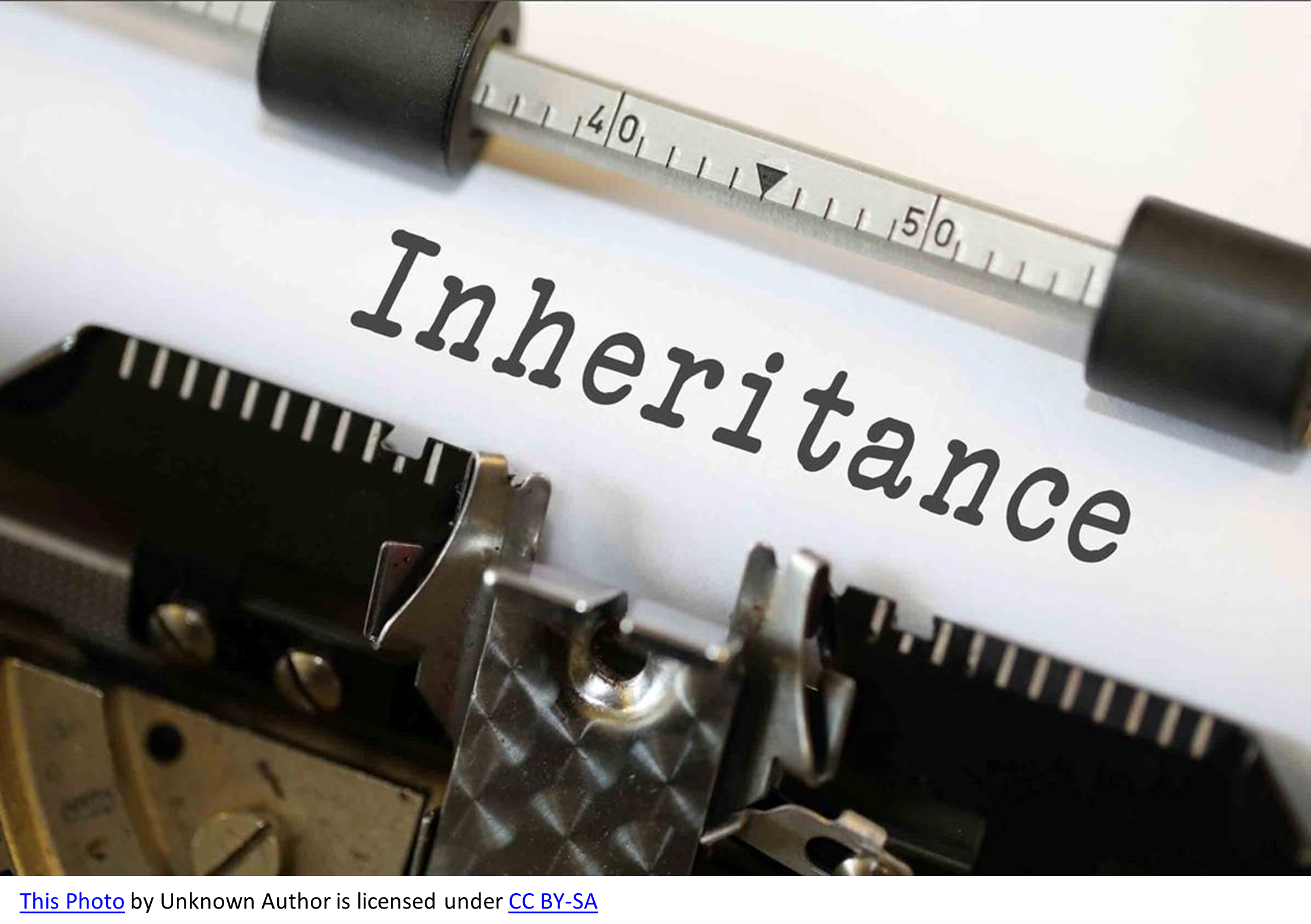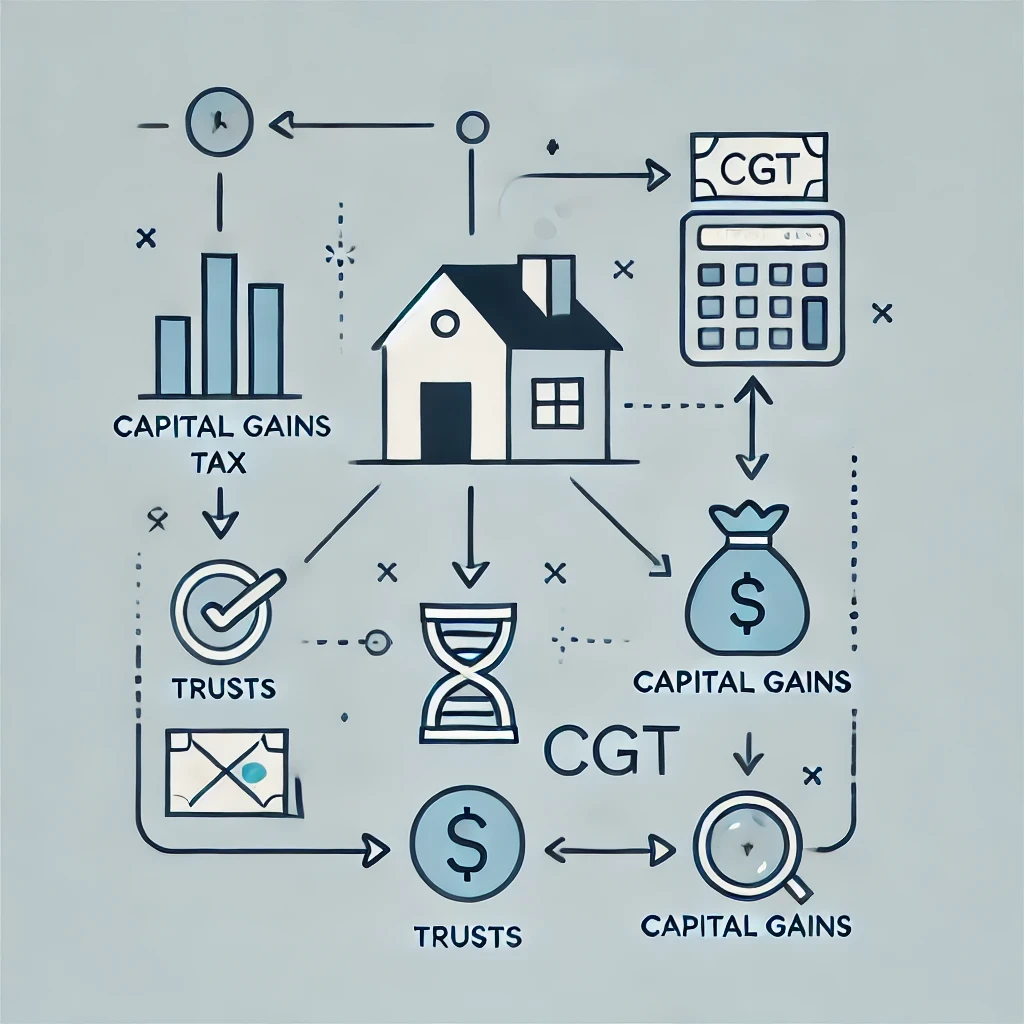When people write a will, they often leave their assets to their children, usually in equal shares. At the time of writing the will, their
children might still be young, and the parents may also still be relatively young when they later update it.
However, there's a potential capital gains tax (CGT) issue to be aware of, especially in today's global world.
If your children are living overseas when they become entitled to their share of the estate, and they are considered foreign
residents for tax purposes,
this can create a tax problem.
Normally, there is a CGT rollover that defers tax when assets pass to beneficiaries. But this rollover does not
apply to foreign residents.
Instead, an immediate CGT liability can arise in the deceased’s final tax return. This tax must be paid by the executor
from the estate’s assets – meaning the overall value of the estate available to beneficiaries is reduced.
The CGT is based on the difference between:
- The market value of the asset at the date of death, and
- The original cost the deceased paid for the asset.
There is an important exception to this rule:
It does not apply to Australian real estate (or other “taxable Australian property” as defined under tax law). These assets
are always subject to CGT, regardless of the beneficiary’s residency status. The ATO can usually track these assets easily, especially land.
However, the rule does apply to assets like:
- Shares listed on the ASX, and
- Units in managed investment funds (unit trusts).
There are also special CGT rules for shares or units in a company or trust where:
- You own more than 10% of the entity, and
- More than 50% of its value is from real property.
These rules can be complex, so professional advice is recommended.
What You Can Do
To write a tax-effective will, it’s important to get the right tax and legal advice. A good approach is to give your executor
flexibility
in how they distribute your estate to beneficiaries. This can help manage CGT outcomes.
If you already have a will and find yourself in this situation, there may still be strategies available to reduce the
impact of these tax rules.
Also, consider giving your executor the power to allow someone (such as a family member) to live in your home after your death.
This may help your estate qualify for the main residence CGT exemption on your home.
Final Thought
If you’re preparing or updating your will, it’s a good idea to speak with a tax adviser first. We can guide you through the key tax
considerations and help you structure your will in a way that protects your beneficiaries and reduces tax burdens.



